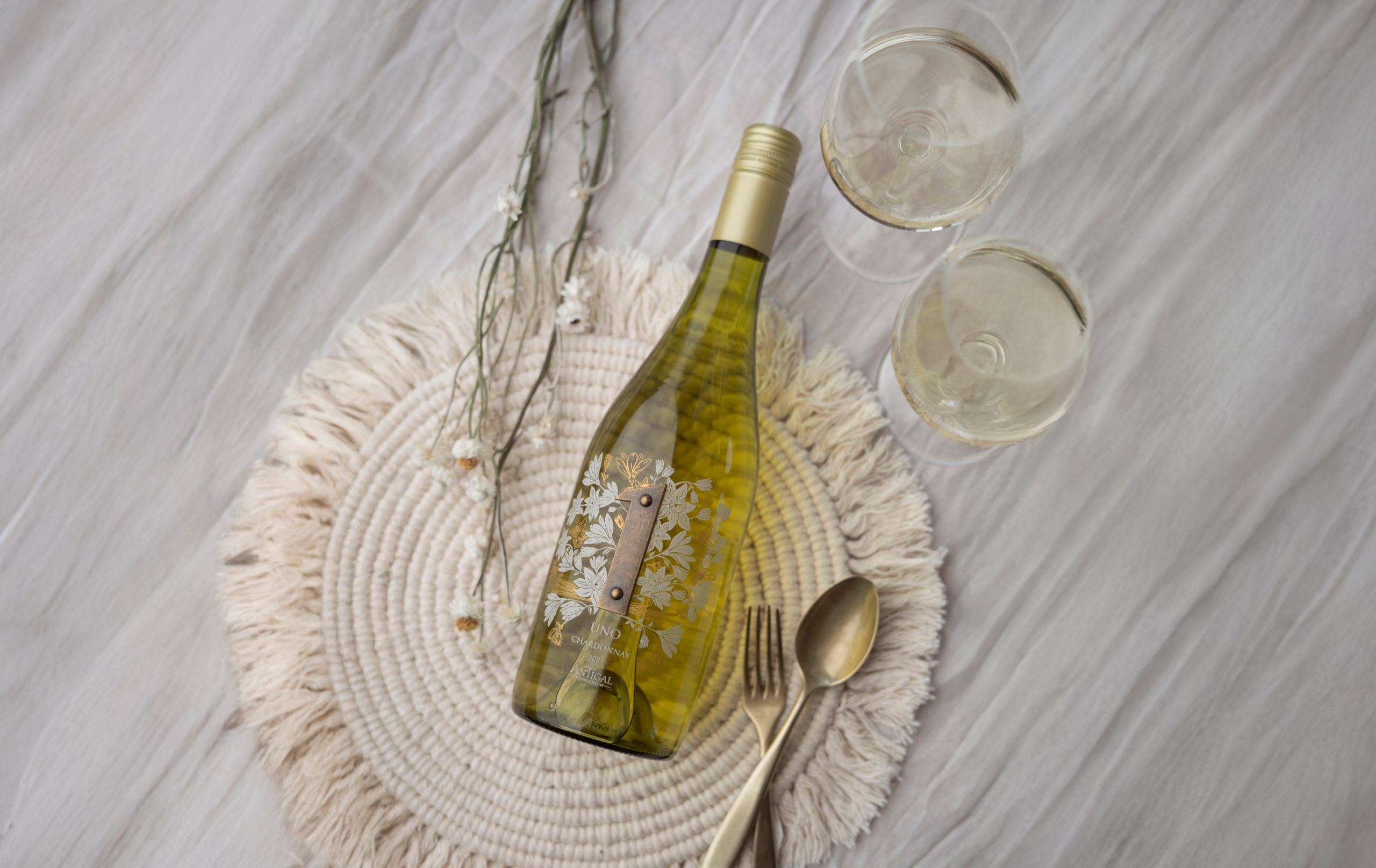db Eats: Bibigo
Korea has given London more than Gangnam Style. While slick-haired South Korean singer Psy has air lassoed his way into the hearts and minds of everyone from President Obama to Chinese dissident artist Ai Weiwei, a quiet revolution is taking place in the capital with Korean cuisine.
The first European venture for South Korea’s largest food company, CJ Foodville Corp, Bibigo, an amalgam of the Korean word for mix, “bibim”, and “to go”, already has sites in South Korea, Japan, China, Singapore and Beverly Hills.
Starting life as a casual dining restaurant focusing on fresh Korean cuisine centered around the restaurant’s signature dish and Korea’s national dish: “bibimbap”, consisting of rice, vegetables, meat, and a choice toppings served in a heated dish given to guests to mix and munch, the chain is venturing upmarket with its first London opening on Great Marlborough Street, a chopstick’s throw away from plush department store Liberty.
Kim Yong Hwan, of Roka and Zuma fame, is steering the ship as head chef. The site, previously a Korean restaurant called Ran, has been given a “minimalist chic” makeover, with breezeblock walls brightened by red and blue Oriental illustrations, wooden tables and chairs, a diamond lattice wooden ceiling modelled on a bar of Toblerone, and a framed view into the open kitchen at the back.
Visiting on a soggy October evening, the room was disconcertingly empty at first, though soon filled up with a mixture of curious Koreans and hipster foodies in search of their next unusual bite.
The menu has been carefully tweaked to appeal to Western palates. Sectioned off into starters, mains and bibimbaps, the pared-down single page is something of a relief. In a world dizzied by an ever-increasing amount of choice, Bibigo’s simplified offering is both relaxing and refreshing.
Dining with a younger generation member of one of Australia’s First Families of Wine, our feast kicked off with popcorn-shaped bites of deep fried baby squid and pea green okra served with soothing soy that were as addictive as crack and disappeared quickly.
Also in the starting line-up were rock-shaped mouthfuls of crispy “red chicken” served in a sweet, sticky, ko-hot sauce with a pleasing kick of heat – a sexed-up version of Chinese sweet and sour. Two starters in, I couldn’t resist the temptation of the steamed prawn dumplings housed under a paper-thin, lace-like potato starch roof.
An edible artwork enlivened by the fiery chili dressing, the dumplings were warm, juicy, gelatinous and deliriously comforting. Our mains began in earnest with a quartet of perfectly timed meaty scallops doused in lemon and lounging in a rich, citric, truffle and yuzu bath.
Next up were fatty squares of pork belly sprinkled with pine nuts, which we were advised to wrap in the accompanying lettuce with tangy pickled cucumber and carrot. The symphony of flavour and texture was more than the sum of its parts, the cooling cucumber craftily cutting through the juicy pork fat.
Partner Content
Mains were rounded off with heartbreakingly tender, super rich short ribs that glided off the bone, served with daikon and autumnal chestnuts. Satiated by this point, it would have been rude not to try one of Bibigo’s bibimbaps.
Opting for the hot stone version, served with bulgogi (marinated beef), crispy rice and crunchy veg, it proved a triumph – expertly textured, super fresh and incredibly filling. We ended on a high note with a duo of delicious desserts: a fluffy Korean pancake topped with a ball of spicy cinnamon ice cream, and a creamy crème brûlée with a glass ceiling served with sharp raspberry sorbet.
Having been plucked from Roka Canary Wharf to curate and preside over Bibigo’s wine offering, French sommelier Raphael Thierry informed us that Korean customers – around 50% of Bibigo’s clientele at the moment – have been asking for wines that deliberately fire up the spice in the dishes rather than tempering the heat.
He eased us into the evening with a thirst quenching cocktail mixed with soju – a slightly sweeter Korean take on vodka – plum liqueur, lemon juice, nashi pear and ground black pepper. The restaurant has taken to making its own soju infusions with everything from coffee to citrus fruit yuzu.
Things take a turn for the experimental with a glass of floral, fresh, 2011 Bulgarian Gewürztraminer. The wine highlight however, comes in the form of J Lohr Riverstone Chardonnay 2010 from California’s Central Coast. Golden in the glass and exquisitely textured on the palate, it showed notes of roasted hazelnuts, freshly buttered toast and honeycomb balanced by a steely mineral core.
The red chosen by Raphael – Viña Chocalan Carmenere 2010 – failed to ignite our excitement, putting in a shy, unexpressive and rather boring performance. Rocca di Montemassi Le Focaie Sangiovese 2010 from Maremma however, proved far more intriguing, packed with ripe red fruit and showing signature Tuscan finesse.
CJ’s CEO has ambitious expansion plans for Bibigo, with a goal of 1,000 sites across Europe by 2015. With so many restaurants, the fine dining message is likely to be diluted, and perhaps even lost altogether, but this is no bad thing. Rather than a fine dining experience, a night in Bibigo’s clutches offers a tasty window onto the sticky, spicy, textured nuances of Korean cuisine.
My only disappointment with the restaurant is that staff balked at my request to hear Gangnam Style blasted out of the speakers. I played it quietly on my iPhone instead.
Bibigo: 58-59 Great Marlborough Street, London W1F 7JY; +44 (0)20 7042 5225. A meal for two costs around £120.




